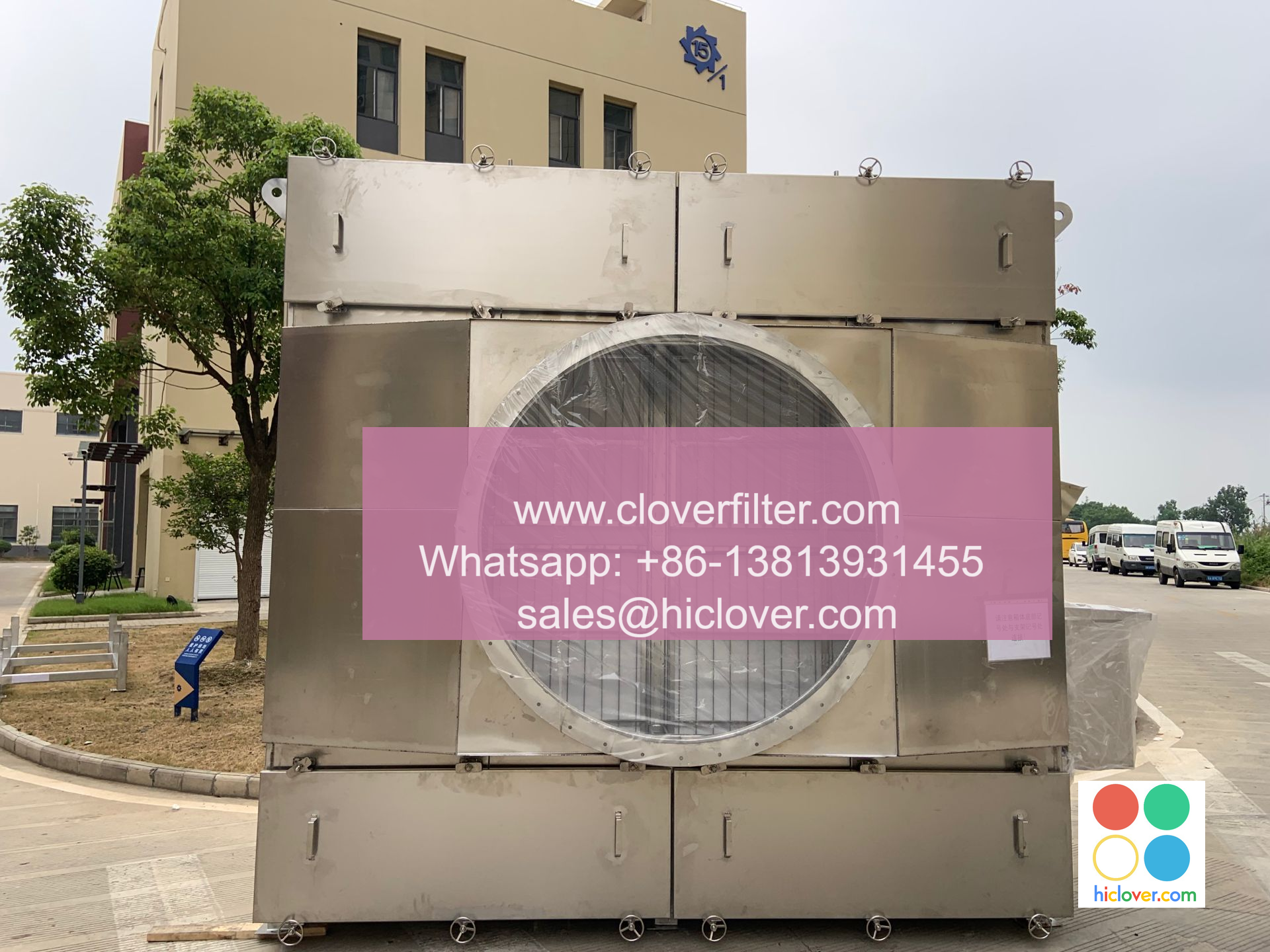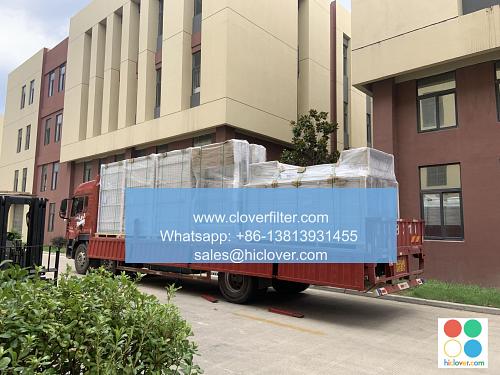Air Filter Promotions: Separating Fact from Fiction

As the world becomes increasingly aware of the importance of indoor air quality (IAQ) and air pollution control, the market for air filters has exploded. With so many options available, it can be difficult to separate fact from fiction when it comes to air filter promotions. In this article, we’ll delve into the world of air filters, exploring the various application areas, including residential air filtration, commercial air cleaning, and industrial air pollution control. We’ll also examine the key terms and technologies used in air filter promotions, such as HEPA filtration, activated carbon filtration, and ultrafine particle removal.
Understanding the Basics of Air Filters
Before we dive into the promotions, it’s essential to understand the basics of air filters. Air filters are designed to capture particulate matter (PM), gases, and odors from the air, improving IAQ and reducing the risks associated with airborne pollutants. There are several types of air filters, including mechanical filters, electronic filters, and hybrid filters. Each type has its own unique characteristics, advantages, and application areas.
Residential Air Filtration
In the residential air filtration sector, air filter promotions often focus on improving indoor air quality and reducing allergy symptoms. Some common claims include:
* 99.97% efficiency at capturing particles as small as 0.3 microns
* Odor removal and gas absorption capabilities
* Long-lasting filters that require minimal maintenance
However, it’s crucial to separate fact from fiction by checking the filter’s MERV rating (Minimum Efficiency Reporting Value) and certifications, such as those from the American Society of Heating, Refrigerating, and Air-Conditioning Engineers (ASHRAE) or the Association of Home Appliance Manufacturers (AHAM).
Commercial Air Cleaning
In the commercial air cleaning sector, air filter promotions often emphasize high-performance filtration and energy efficiency. Some common claims include:
* High-capacity filtration for large commercial spaces
* Advanced technologies, such as nanofiber filtration and UV-C light disinfection
* Compliance with industry standards, such as OSHA and EPA regulations
However, it’s essential to verify the filter’s performance data and third-party certifications to ensure they meet the specific needs of your commercial space.
Industrial Air Pollution Control
In the industrial air pollution control sector, air filter promotions often focus on high-efficiency filtration and process optimization. Some common claims include:
* Customized filtration solutions for specific industrial applications
* Advanced materials, such as activated carbon and zeolites
* Compliance with regulatory requirements, such as CFR and EU directives
However, it’s crucial to work with experienced professionals to ensure the filter’s design and installation meet the specific needs of your industrial process.
Conclusion
In conclusion, air filter promotions can be misleading, and it’s essential to separate fact from fiction by understanding the basics of air filters, application areas, and key terms and technologies. By verifying filter performance data, third-party certifications, and compliance with industry standards, you can make informed decisions when selecting air filters for your residential, commercial, or industrial needs. Remember to always prioritize indoor air quality and air pollution control to create a healthier and more sustainable environment. It looks like you didn’t provide a prompt. Please go ahead and give me something to work with, such as a question, topic, or task, and I’ll be happy to help!

